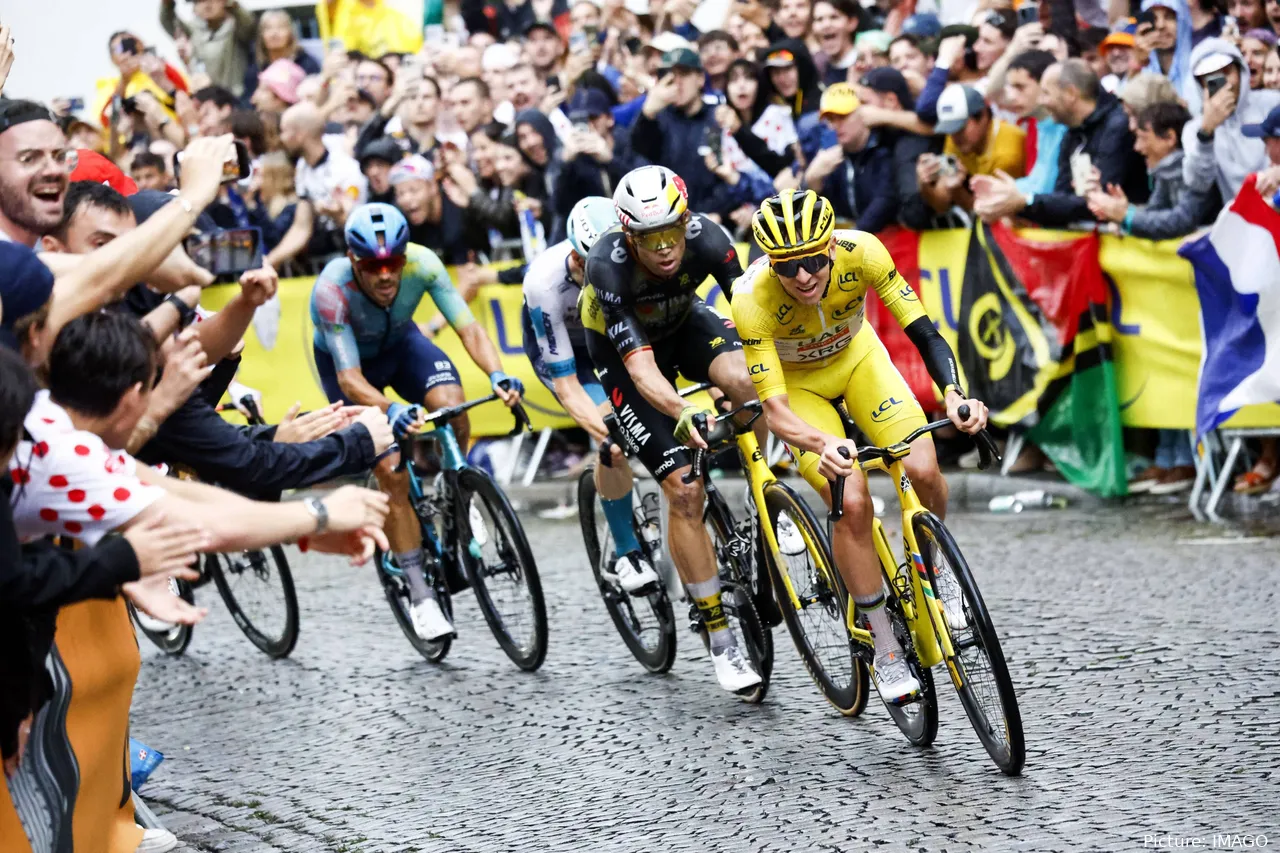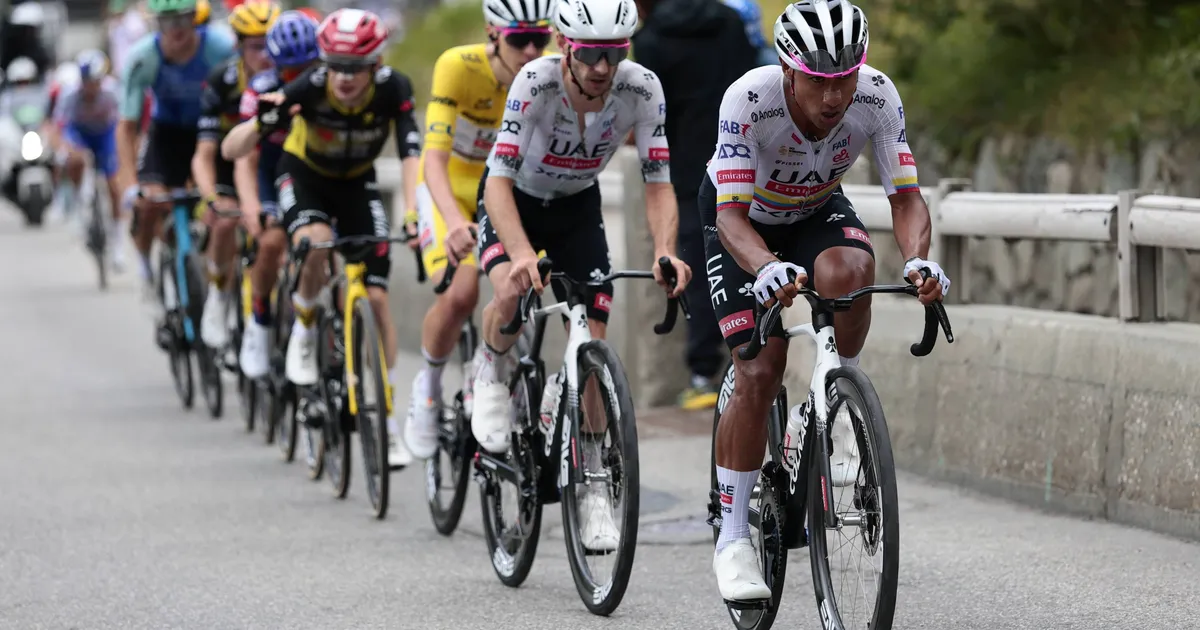The first change noted by the 53-year-old American when compared to his own era, is the age of the star riders. “I started my first Tour in 1997 at the racing age of 26 while riding for Team Cofidis. That means that I was never even eligible for the young rider classification!” Julich recalls. “While there were occasional outliers, it is now common for riders competing for the white jersey to win stages, finish in the top 10, stand on the podium, or even win the overall!”
The actual racing itself is much different as well. “Each year, my Tour de France would begin with a prologue or time trial. This initial test for the general classification riders also established the pecking order, which helped reduce the nervousness in the bunch. While riders would still attempt to get into the breakaway, it seemed to happen much quicker,” Julich reflects. “Nowadays, it’s full gas from start to finish, with little time to chat with friends or stop for a nature break. Sure, it is more fun to watch on TV now, but not sure I will feel the same if I was still in the peloton.”
With fuelling and nutrition also much more of a known topic of importance in the peloton in 2025, Julich believes many of the names from his era struggle to realise the importance of eating right during a race like the Tour de France. “Thanks to team chefs, nutritionists, apps, and a better understanding from the riders, everything is now calculated, weighed, and analysed,” he explains. “My generation struggles to understand this sacrifice, but it seems second nature to riders these days, and they are reaping the benefits. This is the major reason why the current generation rides much faster.”
There is also a perceived lack of respect among the riders in the modern peloton. Whilst in days gone by, a patron would rule the bunch, nowadays it is much more of a free for all, with riders and teams going into business for themselves a lot more often. “It wouldn’t be appropriate for me to comment on the current state of respect in the peloton, as I have been out of it for a long time,” Julich admits. “However, I would like to share some of my experiences on this subject and will try to be as politically correct as possible. Bullying and intimidation were more rampant in the 90s than they are today.”

Pogacar even attacked the final stage of the Tour de France in the Maillot Jaune
“Many unwritten rules in the sport of cycling were passed down from previous generations, and I don’t think many of us even recognized it as bullying. If you attacked in a feed zone or when the leader was stopping for a nature break, you would hear about it from the group. If you got in the way of a team’s sprint lead-out train, you quickly learned not to do that again,” he continues. “These enforcers of proper etiquette were often working on their own under the guise that it was coming from their team leader. You had to have thick skin and take it, and the only way to avoid further harassment was to not do it again. For me, Mario Cippolini was the real ‘patron of the peloton!’”
The question is though, have these changes made the sport better? “The sport of cycling is evolving in many ways, and while it may be difficult for those of us from previous generations to fully understand or embrace all the changes, it’s important to recognize and appreciate the progress being made,” Julich concludes. “Although I may not understand why GC riders attack in the early stages of the Tour when they still have the final week to make their move, why some riders have the full yellow, white, green, or especially polka-dot bike and kit from head to toe before the final stage, or why some riders cause crashes in sprint finishes when they have no reason to be there, it is their time to shine now. Each generation brings its own unique contributions to this amazing sport, and I can’t wait to see what comes next.”

